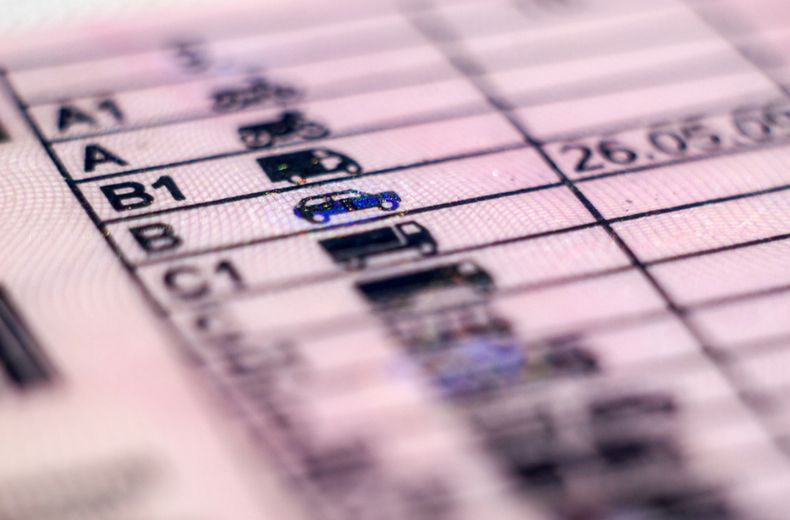Are graduated driving licences coming in?
There has been much talk over the years about introducing a graduated driver licensing scheme to help reduce the number of people who are killed or seriously injured in collisions on the UK’s roads involving young drivers.
What is a graduated driving licence?
Graduated driver licensing would put a set of restrictions on new drivers who have recently passed their practical test for an initial period of time.
Government statistics from 2023 show that a quarter of fatalities from collisions involving a car driver involve at least one young driver – with 1,417 young UK drivers sustaining serious or fatal injuries each year. In total, 4,959 people were killed or seriously injured in 2023 as a result of collisions involving young drivers.
What could be restricted under a UK graduated driving licence?
While as of October 2024 there are no specific plans that have yet been tabled by the Government, future possible restrictions could centre on:
- a minimum learning period – learners required to undergo a minimum learning period before being able to take the practical test
- a limit on how many passengers new drivers can carry
- driving curfews – restricting new drivers from roads during certain times, most likely late at night
- lower drink-drive limits – a reduction in the legal alcohol limit for driving or zero alcohol
- speed limits – new drivers restricted to slower speeds
- engine sizes – limits on driving powerful vehicles
- mandatory use of ‘P’ plates – for a set period of time after passing the test
Restricted drivers
After passing the driving test for a motor car or a motorcycle, you must display amber R plates for a period of one year from the date of passing the test.
The plates must conform to legal specifications and must be clearly visible to others from in front of the vehicle and from behind. Plates should be removed or covered when not being driven by a restricted driver.
The maximum permitted speed for a motor car or category A1 motorcycle displaying R plates is 45 mph (72km/h), whether or not the vehicle is being driven by a restricted driver. The speed restriction does not apply to A2 or A motorcycles, although R plates must be displayed for the first year after passing the test.
What stage is the graduated driving licence at?
In February 2018, Prime Minister Theresa May tasked the Department for Transport (DfT) with investigating the possibility of a graduated licensing scheme.
She was responding to questions posed from the opposition bench during Prime Minister’s Questions as to whether an initiative would be considered to help curb the number of accidents.
In Northern Ireland the Road Traffic (Amendment) Act (NI) 2016 made graduated driving licensing possible but a scheme has yet to be launched.
While not related to graduated driver licensing, in June 2018 learner drivers were granted permission to have lessons on Britain’s motorways, something which the RAC was very supportive of.
In October 2020 the Department for Transport announced that plans to introduce a graduated driver licensing scheme had been dropped.
In June 2024, the RAC voiced its support for a parliamentary bill, entitled the Motor Vehicles (Driving Licences) (New Drivers) Bill, put forward by MP Kim Leadbeater under the so-called 10-minute rule. While the bill was well supported by MPs, it didn’t progress as it ran out of parliamentary time due to the General Election being called.
Since then, the issue has been kept in the news by the work of campaigners and the RAC Foundation motoring research charity. As a result, it is hoped graduated driver licensing will feature in the new Government’s forthcoming Road Safety Strategy.
Where else uses a graduated driving licence?
Drivers in the US, Ireland, Australia and New Zealand are already subject to the rules of their own graduated licensing schemes.
Novice drivers in the Republic of Ireland undergo a two-year period of probation, with ‘N’ plates a necessity throughout, and are also subject to lower drink-drive limits than more experienced road users.
In Australia, new drivers are not permitted to drive between certain hours at night. They also face limitations on the number of passengers they are allowed to carry. As of 2021 every state in America has some form of graduated driver licensing in place.
Could a graduated driving licence affect my car insurance?
With the possible restrictions a graduated driving licence would impose, it is natural to think that these may affect a car insurance policy, but there is currently no evidence to suggest that this would affect how much drivers pay for insurance. Due to the increased risk young drivers pose, insurers often already charge them far higher premiums than older more experienced drivers.
It should also be noted that black box car insurance currently monitors how well you drive, including the speed a vehicle travels on each journey. These policies are popular with new drivers as they can help to lower the premiums they pay.
What does the RAC say about graduated driving licences?
The RAC believes a form of graduated driving licensing featuring a minimum supervised learning period and restrictions on the number of young passengers permitted in the car, could help save lives on the country’s roads.
Motorists surveyed for the RAC Report on Motoring also believe restrictions could have a positive impact on new drivers as the costs of their car insurance might fall as a result.
The RAC believes evidence from other countries where some form of graduated driver licensing is used shows it is successful in reducing the number of collisions involving young drivers.

Roadside & Recovery from £5.29 a month*
• Cheaper than AA Price Guarantee^
• We get to most breakdowns in 60 mins or less
• Our patrols fix 4/5 breakdowns on the spot














